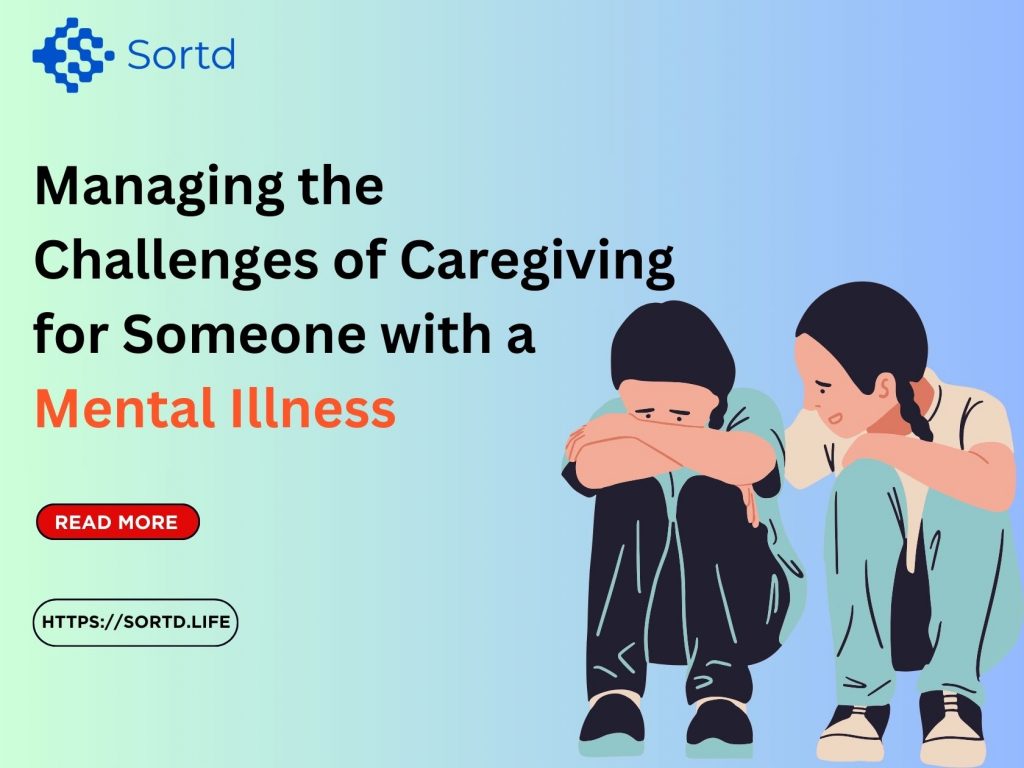
Managing the Challenges of Caregiving for Someone with a Mental Illness
Caregiving for a loved one with a mental illness is a compassionate but often demanding role. This guide aims to shed light on the unique challenges caregivers face and provides insights into effective strategies for understanding, supporting, and managing the well-being of the caregiver and the individual receiving care.
1. Educating Yourself about Mental Illness:
Informed Care: Understanding the specific mental health condition your loved one is facing is essential. Educate yourself about symptoms, treatment options, and potential challenges.
2. Building a Support System:
Community and Professional Support: Establish a robust support system, including friends, family, and mental health professionals. This network can provide emotional support, guidance, and respite for caregivers.
3. Setting Realistic Expectations:
Balancing Care Responsibilities: Acknowledge that caregiving comes with challenges. Set realistic expectations for both yourself and the person you are caring for, recognizing that progress may be gradual.
4. Prioritizing Your Well-being:
Self-Care Practices: Caregivers often neglect their well-being. Prioritize self-care, including regular breaks, exercise, and seeking support for your mental health.
5. Effective Communication:
Open and Honest Dialogue: Foster open communication with your loved one. Create a safe space to share their feelings and concerns, promoting trust and understanding.
6. Coping with Stigma:
Addressing Societal Perceptions: Mental health stigma can affect both the caregiver and the person receiving care. Advocate for mental health awareness, challenge stigma, and seek support from mental health organizations.
7. Navigating Treatment Plans:
Collaboration with Healthcare Professionals: Work closely with mental health professionals to understand and support the treatment plan. Attend appointments, ask questions, and actively participate in the care journey.
8. Understanding Medication Management:
Adherence and Side Effects: If medication is part of the treatment plan, understand the importance of adherence and potential side effects. Collaborate with healthcare providers to address any concerns.
9. Financial and Legal Planning:
Long-Term Care Considerations: Plan for the future by addressing the financial and legal aspects of long-term care. This may include discussions about guardianship, estate planning, and available support services.
10. Seeking Professional Guidance:
Therapy and Counseling for Caregivers: Caregivers may benefit from therapy or counseling to navigate the emotional challenges of caregiving. Seeking professional guidance is a valuable form of support get Online Mental Health Therapy UK
Conclusion:
Caregiving for someone with a mental illness is a journey that requires patience, resilience, and a commitment to the well-being of both the caregiver and the person receiving care. Read a Guide on How to Manage Stress and Anxiety
By understanding the challenges, building a robust support system, and prioritizing self-care, caregivers can create a compassionate and sustainable environment for their loved ones and themselves. Remember, seeking help is a sign of strength, and no one should navigate this journey alone.
